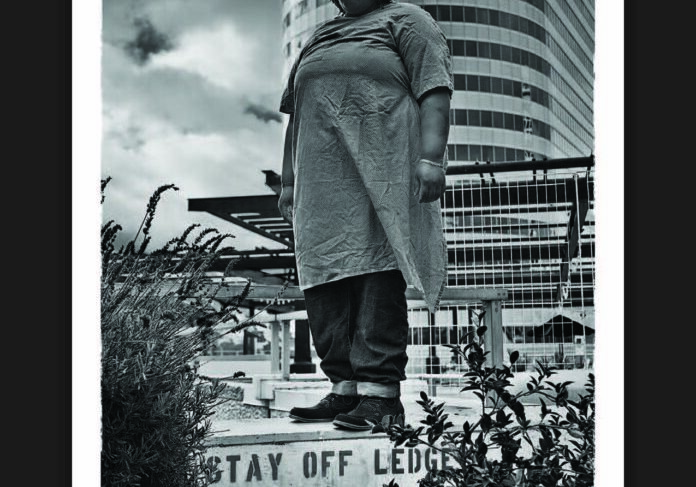Braid Mission
Blog
Mentor Measures

Braid’s mentoring program is a little different than most. Our model matches three mentors with a single youth. This helps to prevent mentor burnout when working with potentially troubled youth, and it creates a stable environment for the mentors to always meet with their youth: if life gets in the way, a mentor has two team members to fall back on.
Because of this unique set up, we hope to create micro-communities among each team and an overall larger community among all our mentors. As this community is created, we hope to build a safe space to talk about spirituality and religion (an uncommon topic in the Bay, from my own experience).
To create a healthy and more successful mentoring program, it’s a good practice to monitor mentor growth. To do this, we decided to focus on three different areas of growth: overall community health, well-being, and one’s sense of spirituality. These seemed to be the most relevant to Braid’s goals, not only for our individual mentors but for our program as a whole.
How do you take such large concepts and conceptualize them to a point you can measure?
In theory it seems hard, but in practice it’s pretty easy. One easy way to do this is to design surveys with questions specifically created to probe a mentor’s sense of our three metrics. This not only serves as a good way to see how our mentors are doing, but also serves as a great reflection process for the mentor.
The surveys I developed will be given at the start of the program, after four months, after eight months, and after one year. This way we can directly compare the results over the course of the program and start to analyze any trends that start to develop to better serve our mentors.
To generate this survey, I decided to focus on sociological research that has previously been done on these concepts. I have a minor in sociology from my undergraduate degree, so I am familiar with this vein of research. I began my search with studies that focused on a person’s sense of well-being. There proved to be a plethora of research done this, some of which used the same approach that I was implementing. I used some of the same questions from these surveys for Braid’s surveys and used these questions and other research to develop my own questions pertaining specifically to our program. I used the same process for determining our mentors’ sense of community, as I found adequate amounts of research already done on this as well.
The real challenge came when I tried to develop the spiritual component of the survey.
I immediately found that there was significantly less published scientific material measuring this specific concept. This brings up several interesting questions in and of itself, particularly in relation to spirituality’s contribution to overall health and development. Maybe this type of research is pushed to the side because of a lack of funding or a lack of respect in the scientific community. (Or maybe the information is out there and I just was looking in the wrong places.) I admit that it is a tough concept to make concrete because essentially you’re measuring something that is intrinsically immeasurable, which brings up conflicts in the validity of the data. I digress, but it’s something interesting to reflect upon.
Influenced by the articles I did find, I directly started using my own experiences to create more applicable questions. One difficulty was how to take into account different faiths or the experiences of a person with no faith and make the questions broad enough to be all-encompassing. This allows for the diverse set of mentors we are already recruiting. I had to redefine my verbage in relation to spirituality to be more general and try to get to a fundamental understanding of what spirituality really is. After this everything just started to fall in place.
After asking my fellow ESC interns to take my preliminary survey, I was satisfied with my measures for well-being and community. I have some skepticism about my current measurements for spirituality, but I think it is an imperfect measurement intrinsically and may evolve over time as Braid gives it to more diverse mentors. I was happy to see that my small test group struggled with some of my questions, forcing them to really confront some of their own truths and realities.
The youth Braid serves have experienced a lot of trauma but they are very intelligent, thus they are always pushing limits. My hope is to help create self-aware mentors who are better equipped to mentor these youth.



